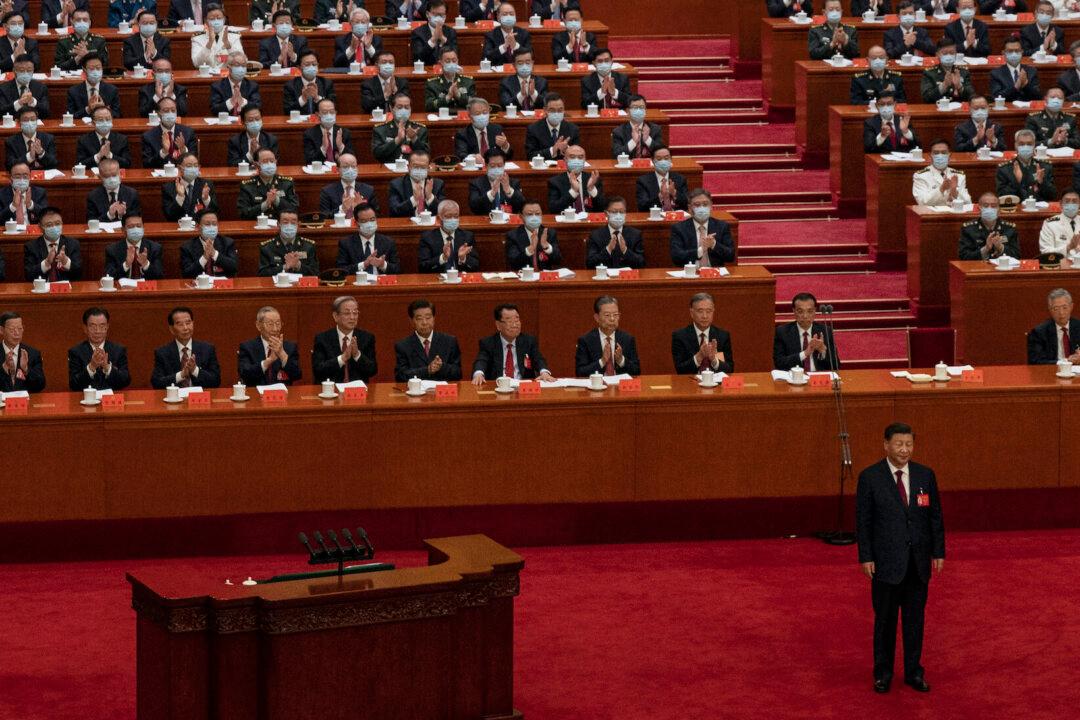Taiwan’s top envoy in Canada says the recent national congress of the Chinese Communist Party (CCP) sends a “chilling” message to like-minded democracies around the world.
Testifying before the parliamentary Canada-China committee on Nov. 1, Harry Ho-Jen Tseng, representative of the Taipei Economic and Cultural Office in Canada, warned parliamentarians not to take the message from the CCP’s 20th national congress “lightly,” and “to prepare in order not to be harmed in the near future.”





